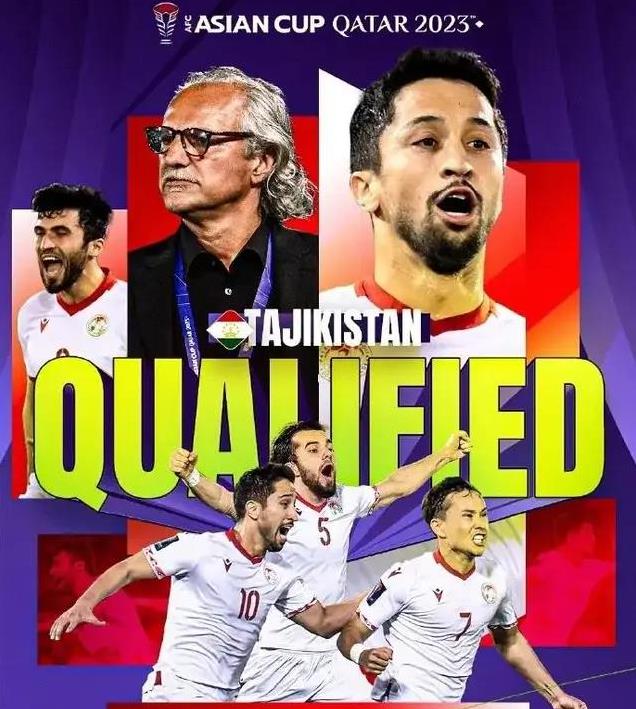Without hesitation, before the start of this crucial match, I cast my vote of trust in the Chinese men's national football team. However, it wasn't because I believed in their strength; rather, I believed that the Qatari team wouldn't exert themselves fully. After all, for the Chinese team, this was a must-win game, but for Qatar, it held no significance. They had already secured their place in the next round, and the outcome of this match would not change their position as group leaders.

To my surprise, I still overestimated the capabilities of the Chinese team. Even with significant rotations made by the Qatari team, including a change of goalkeeper, the Chinese team fought hard but still could not secure a victory. Over three matches, they achieved two draws, one loss, and zero goals scored. This is the result that the Chinese team presented after 40 days of overseas training.

Ironically, following this match, there remained a theoretical possibility for China to advance. Despite having two goals disallowed, it was the Tajikistan team that ultimately triumphed, overturning Lebanon to advance. Clearly, the Tajikistan team played a pivotal role; by sheer coincidence, their victory saved the Chinese team.

However, Tajikistan's victory alone cannot guarantee China's advancement. The significance of this win lies in preserving the possibility for the Chinese team to progress. Currently, if the Chinese team wishes to continue in the Asian Cup, they must meet two conditions: Syria must draw 0-0 and receive yellow cards, and Palestine must agree to a draw with Hong Kong. If these conditions are met, the Chinese team, with two draws, one loss, and zero goals, can still advance. Don't cry, the Chinese team is still alive.

The question arises: With two draws, one loss, and zero goals, what does it mean for the Chinese team to hold such an embarrassing record? I believe that if the Chinese team were to advance to the next stage under such dramatic circumstances, fans across Asia would likely not accept it. It's too comical, too ironic—Qatar even changed their goalkeeper, yet you still couldn't score. How can a team like this justify staying in the Asian Cup?

Disgraceful! Tragic! Following the match against Qatar, the anger of the fans erupted like a volcano. There were questions, criticisms, accusations, and even curses. Indeed, for a country with over a billion people, the result of not scoring a single goal in three Asian Cup group matches is difficult to comprehend and accept. Everyone knows that Chinese football is weak, but few expected it to be this weak.

What's even more speechless is that after losing the crucial match, the head coach of the Chinese team, Dragan Stojković, showed no trace of shame. In front of the cameras, he actually lavished praise on the Chinese team's performance, stating, "We created opportunities, we just didn't finish them. I am proud of the players' fighting spirit and their attitude on the field."

Alas! At this point, this Serb still feels proud. How ironic! Last March, when Stojković took office, he confidently declared his intention to lead the national team to the 2026 World Cup. Yet, by January of this year, he led the team to an early exit from the Asian Cup. What more can we say about such a coach? Cheer up! Keep blowing!
